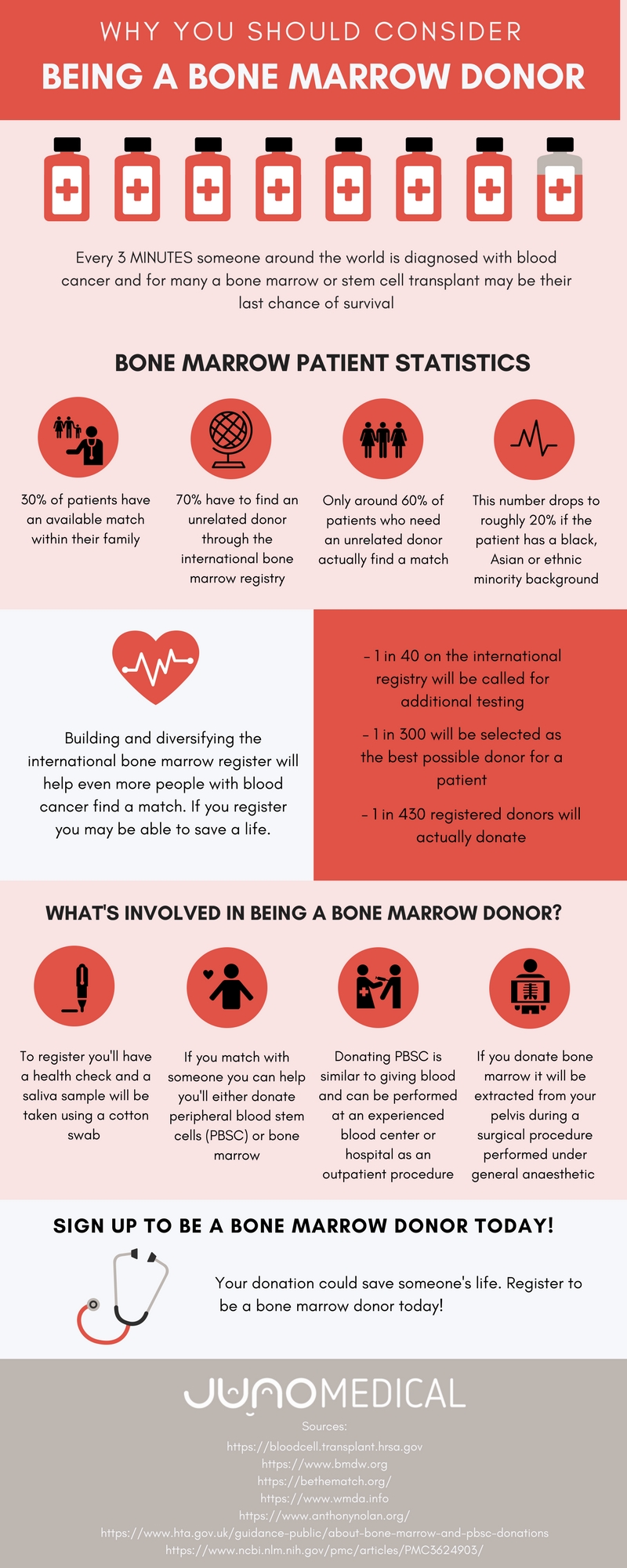
Stem cells
In the three years (or so) since this blog was founded we have run a number of articles on on stem cell treatments. And , in particular, on cord blood which contains stem cells.
The most common, and original, type is bone marrow transplant.
In our original post of stem cell therapy we explained that “Stem cell therapy is where doctors introduce adult stem cells into damaged tissue which in turn helps to treat an injury or disease. …So what is a stem cell? You have to sift through a lot of waffle on the internet to find out the answer but, in a nutshell, they are cells which have the ability to become other cells. They are a sort of “mother cell” which is not directly linked to a specific bodily function but can turn into, say, blood or bone cells. In scientific parlance stem cells are undifferentiated cells as opposed to say muscle cells which are referred to as differentiated.These stem cells are often cultivated in a lab and then transplanted to the host/patient as a treatment. The cells may help generate new cells which can affect a cure. One example is that stem cells may be used to kick start insulin production in the pancreas as a way of treating T1 diabetes.”
The purpose of this blog post if to look at a number of conditions which can be treated. We looked at multiple sclerosis in a previous blog which you might wish to read here.
It is worth mentioning that given the nature of the treatment many of the conditions which are currently treated relate to blood cancers.
Acute Leukemia’s – which can include :-
Acute Lymphoblast Leukemia (ALL)
Acute Myelogenous Leukemia (AML)
Acute Biphenotypic Leukemia
Acute Undifferentiated Leukemia
Chronic Leukemia’s – such as:-
Chronic Myelogenous Leukemia (CML)
Chronic Lymphocytic Leukemia (CLL)
Juvenile Chronic Myelogenous Leukemia (JCML)
Juvenile Myelomonocytic Leukemia (JMML)
Myelodysplastic Syndromes
Refractory Anemia (RA)
Chronic Myelomonocytic Leukemia (CMML)
Stem Cell Disorders
Aplastic Anemia
Fanconi Anemia
Paroxysmal Nocturnal Hemoglobinuria (PNH)
Pure Red Cell Aplasia
Myeloproliferative Disorders
Acute Myelofibrosis
Agnogenic Myeloid Metaplasia (myelofibrosis)
Polycythemia Vera
Essential Thrombocythemia
Phagocyte Disorders
Chediak-Higashi Syndrome
Chronic Granulomatous Disease
Neutrophil Actin Deficiency
Reticular Dysgenesis
Other Inherited Disorders
Lesch-Nyhan Syndrome
Cartilage-Hair Hypoplasia
Glanzmann Thrombasthenia
Osteopetrosis
Adrenoleukodystrophy
Other Malignancies
Ewing Sarcoma
Neuroblastoma
Renal Cell Carcinoma
Retinoblastoma
Sickle Cell Disease
Inherited Immune System Disorders
Ataxia-Telangiectasia
Kostmann Syndrome
Leukocyte Adhesion Deficiency
DiGeorge Syndrome
Bare Lymphocyte Syndrome
Omenn’s Syndrome
Severe Combined Immunodeficiency (SCID)
SCID with Adenosine Deaminase Deficiency
Absence of T & B Cells
Common Variable Immunodeficiency
Wiskott-Aldrich Syndrome
X-Linked Lymphoproliferative Disorder
Plasma Cell Disorders
Multiple Myeloma
Plasma Cell Leukemia
Waldenstrom’s Macroglobulinemia
Amyloidosis
Lymphoproliferative Disorders
Non-Hodgkin’s Lymphoma
Hodgkin’s Disease
It is worth mentioning that some research has been conducted look at stem cell treatments for autism. But this is still both experimental and controversial.
Finally over to you. Have you ever had stem cell treatments or a bone marrow transplant? If so please tell us a bit more in the comments section below.
Many thanks in advance.


